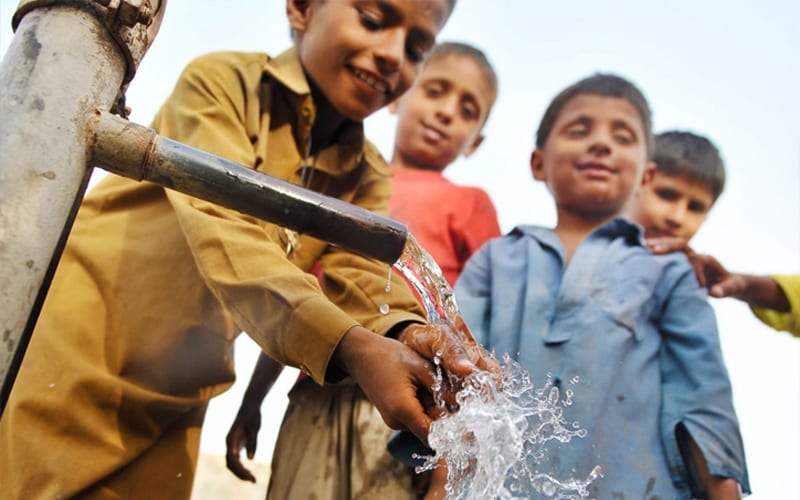Water wells in Sahel Africa

The Situation
The Sahel Region in Africa is one of the world’s most water-stressed regions, with erratic rainfall and frequent droughts becoming second nature. Global climatic disturbances have had a substantial impact on Sahel Africa’s freshwater availability.
As per IPCC sources, the temperature in this region is soaring 1.5 times faster than the global average.
Militant groups threaten their security, causing people to flee their homes, not having access to essentials, like clean water. In Africa, a single effective water hole can make all the difference between a living and a dying village.
1.67 million people
are in need of ground water in Sahel Africa
How you can help?
IDRF, in partnership with local communities in the Sahel region, including countries like Niger, Chad, and Burkina Faso, is addressing these ongoing issues by building water wells.
$2,500
Build a water well

One water well provides water to 575 people, 82 families.

Frequently Asked Questions
How big are the water wells and how many people can access clean water from them?
They are big enough to provide water and irrigation to 300 families and a few acres of nearby farmland.
How do people living in the Sahel region currently access water?
With a scarcity of potable surface water, Sahel countries rely on groundwater from one of the region’s five aquifers
What is the expected time of completion?
You can expect a final report regarding your completed well 12 months from the day funds have been released to IDRF.
Are there any additional benefits of these water wells?
Definitely. Due to water shortages, farmers in the Sahel region are compelled to alter their traditional livelihoods and grow crops that are less water-intensive and also less profitable. Now, with the help of these advanced water wells, farmers will be able to irrigate nearby farmland and grow citrus fruits, which are known to be more profitable as farmers are capable of exporting them.
Are these wells Zakat eligible?
No. Water wells cannot be deemed zakat eligible due to the fact that these wells are used by a community of people, and we cannot provide “ownership” to one individual.


